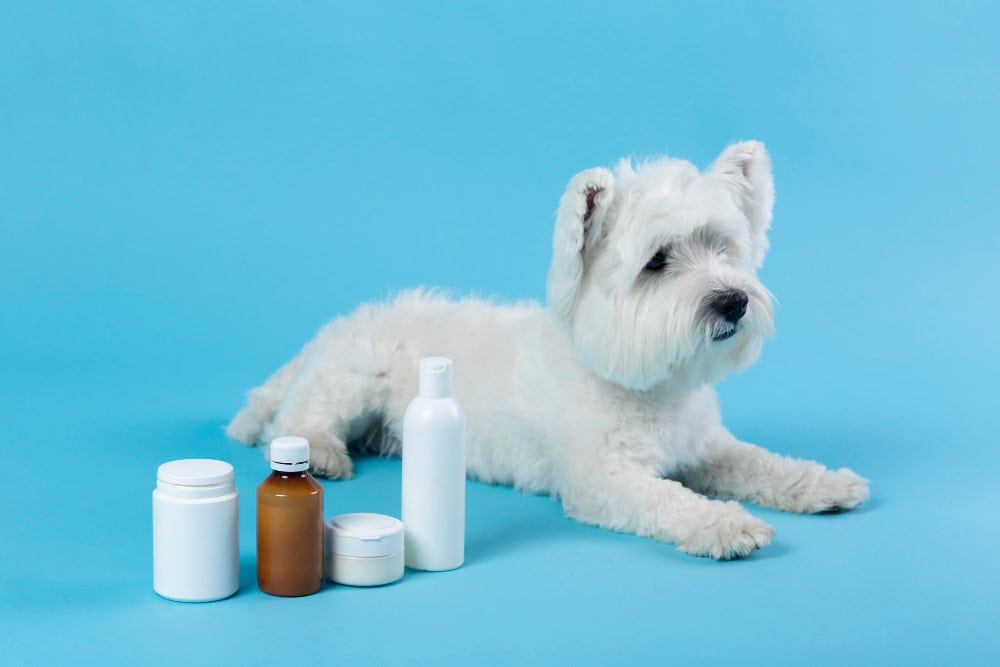In the realm of personal hygiene, deodorants are indispensable for ensuring freshness and instilling confidence. For those grappling with excessive sweating, a condition known as hyperhidrosis, conventional deodorants may fall short of providing the necessary protection. This is where prescription strength deodorants come into play. In this comprehensive article, we delve into the myriad benefits and applications of prescription deodorants, providing you with a detailed understanding of how they can effectively manage excessive sweating.
Prescription deodorants, or prescription antiperspirants, are specially formulated to offer superior protection against perspiration compared to over-the-counter options. They typically contain higher concentrations of active ingredients, such as aluminum chloride, which effectively block sweat glands.
The secret behind prescription deodorants lies in their composition. They contain potent active ingredients like aluminum chloride, which work by forming a temporary plug within the sweat ducts, thereby reducing sweat flow. This unique mechanism makes them highly effective for those suffering from hyperhidrosis.
While over-the-counter deodorants are suitable for general use, they often contain lower concentrations of active ingredients. Prescription deodorants, on the other hand, are tailored for those who require a more robust solution to manage excessive sweating, providing a marked difference in efficacy.
Prescription deodorants are not for everyone. They are specifically designed for individuals with hyperhidrosis or those who find regular antiperspirants inadequate. Understanding whether you need a prescription deodorant involves assessing the severity of your sweating and consulting with a healthcare professional.
Obtaining a prescription strength deodorant typically requires consulting with a healthcare professional, such as a dermatologist. They can evaluate your condition and determine whether a prescription antiperspirant is suitable for you. Once prescribed, these deodorants can be acquired from pharmacies that stock them.
During a consultation, a dermatologist will assess the extent of your sweating problem. This may involve a physical examination and a discussion of your medical history to ascertain the most appropriate treatment.
Once a prescription is deemed necessary, your healthcare provider will provide you with a prescription. You can then obtain the deodorant from a pharmacy, though availability may vary, so it’s wise to consult with your local pharmacy in advance.
If a prescription deodorant is not suitable for you, there are other options available, such as clinical strength over-the-counter deodorants or alternative treatments. It’s essential to discuss these possibilities with your healthcare provider to ensure the best approach for your needs.
Prescription deodorants offer numerous advantages over regular antiperspirants, making them the preferred choice for those with excessive sweating concerns.
The primary advantage of prescription deodorants is their superior ability to control sweat. With higher concentrations of active ingredients, these deodorants can significantly reduce perspiration, offering relief to those with severe sweating issues.
Prescription deodorants are crafted to provide extended protection, often lasting up to 24 or even 48 hours. This ensures that you can go about your day with confidence, knowing that sweat and odor are kept at bay.
Many prescription deodorants come highly recommended by dermatologists due to their effectiveness in managing excessive sweating. Consulting with a dermatologist can help ensure you select the most suitable product for your needs.
While prescription deodorants are powerful, they are also formulated to be gentle on the skin. Many include soothing agents to minimize irritation, making them a viable option even for those with sensitive skin.
Several brands offer prescription strength deodorants, each with unique formulations to address excessive sweating.
Certain Dri is a renowned brand offering prescription strength antiperspirants. Their products are engineered to provide maximum sweat protection and are frequently recommended by healthcare professionals.
Dove’s clinical strength deodorants cater to those with higher perspiration needs. They are formulated to be gentle on the skin while delivering effective sweat control, combining efficacy with comfort.
For individuals with specific skin conditions, medicated deodorants may be recommended. These products often contain additional ingredients to soothe and protect the skin while managing sweat, offering a dual benefit.
Beyond Certain Dri and Dove, other brands like SweatBlock and ZeroSweat provide prescription strength options, each with unique benefits tailored to different needs. Exploring these options with your dermatologist can help you find the best fit.
To maximize the benefits of your prescription deodorant, it’s crucial to use it correctly. Here are some tips to enhance its effectiveness:
For optimal results, apply prescription deodorant to clean, dry skin. This ensures that the active ingredients can penetrate the sweat glands efficiently, maximizing their efficacy.
Many prescription deodorants are most effective when applied at night. This allows the product to work while your sweat glands are less active, providing enhanced protection throughout the following day.
Always adhere to the instructions provided by your healthcare provider or the product packaging. Overuse can lead to skin irritation, so it’s important to use the product as directed to avoid adverse effects.
Pay attention to how your skin responds to the deodorant. If you experience irritation or discomfort, consult with your healthcare provider to adjust your usage or explore alternative options.
While prescription deodorants are highly effective, they may not be suitable for everyone. Here are some alternatives to consider:
For those who do not require a prescription, clinical strength deodorants available over-the-counter can offer enhanced sweat protection, serving as a middle ground between regular and prescription products.
In some cases, making lifestyle changes, such as wearing breathable fabrics, staying hydrated, and managing stress, can help reduce sweating. These adjustments can complement the use of clinical strength deodorants or prescription options.
For severe cases of hyperhidrosis, medical treatments such as Botox injections or iontophoresis may be recommended. These treatments can provide long-term relief from excessive sweating, offering a more permanent solution.
Some individuals find relief through natural remedies, such as witch hazel or tea tree oil, which have astringent properties. While not as potent as prescription options, they can be effective for mild cases of excessive sweating.
Conclusion
Prescription deodorants are an invaluable tool for managing excessive sweating, providing significant relief for those with hyperhidrosis. By understanding the benefits and uses of these products, you can make informed decisions about your personal hygiene routine. If you’re considering a prescription deodorant, consult with a healthcare professional to determine the best option for your needs. With the right product and proper usage, you can enjoy a sweat-free, confident lifestyle, free from the concerns of excessive perspiration.



